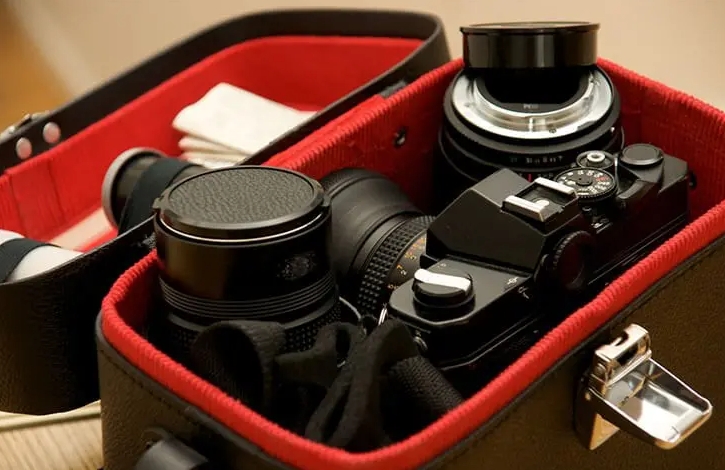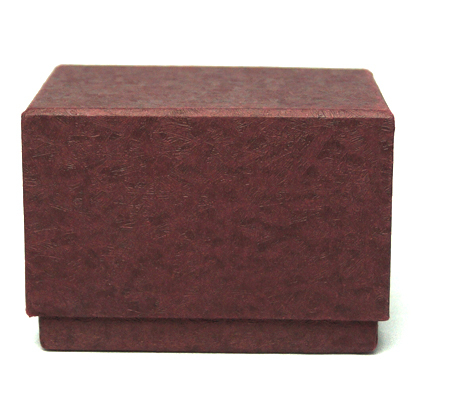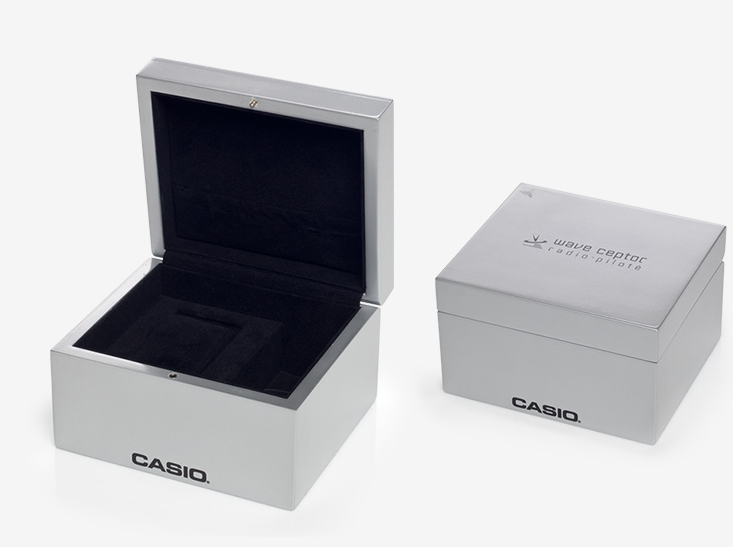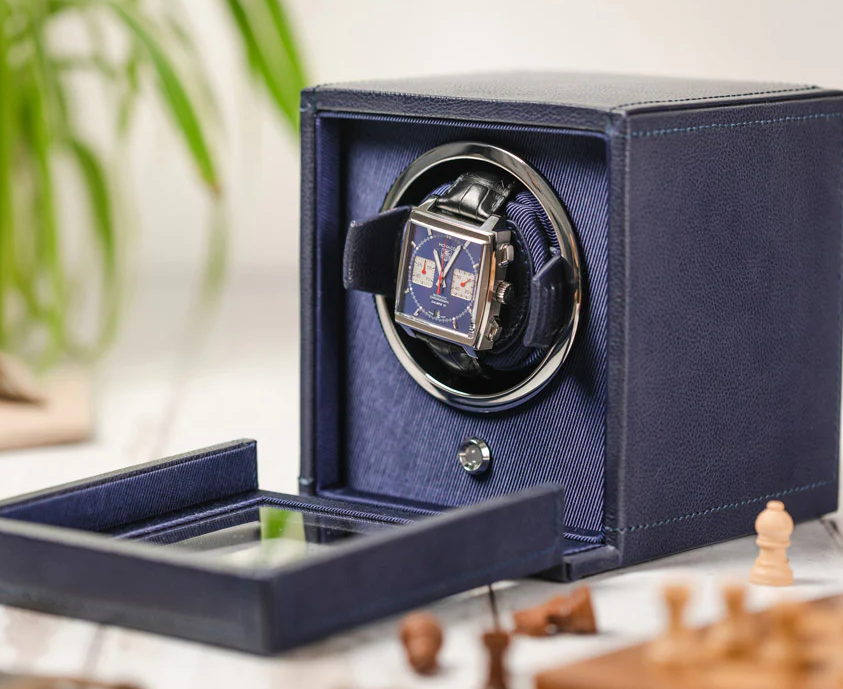The choice between a hard shell suitcase and a soft shell one depends on your specific travel needs, such as the length of your trip, what you’re packing, and your budget.
Table of Contents
Advantages of Hard Shell Suitcases
Durability and Protection
When it comes to surviving the knocks and bumps of international travel, hard shell suitcases often come out on top. They are typically made from materials like polycarbonate or ABS plastic, which provide a rigid frame to safeguard your belongings. This is especially crucial if you’re carrying items that are fragile or expensive, like electronics or glassware.
For those interested in the mechanics of suitcase durability, the polycarbonate material used in many hard shell suitcases is the same as that used in bulletproof glass. This enhances the case’s ability to withstand high-impact situations, like being tossed onto conveyor belts or into the cargo holds of airplanes.
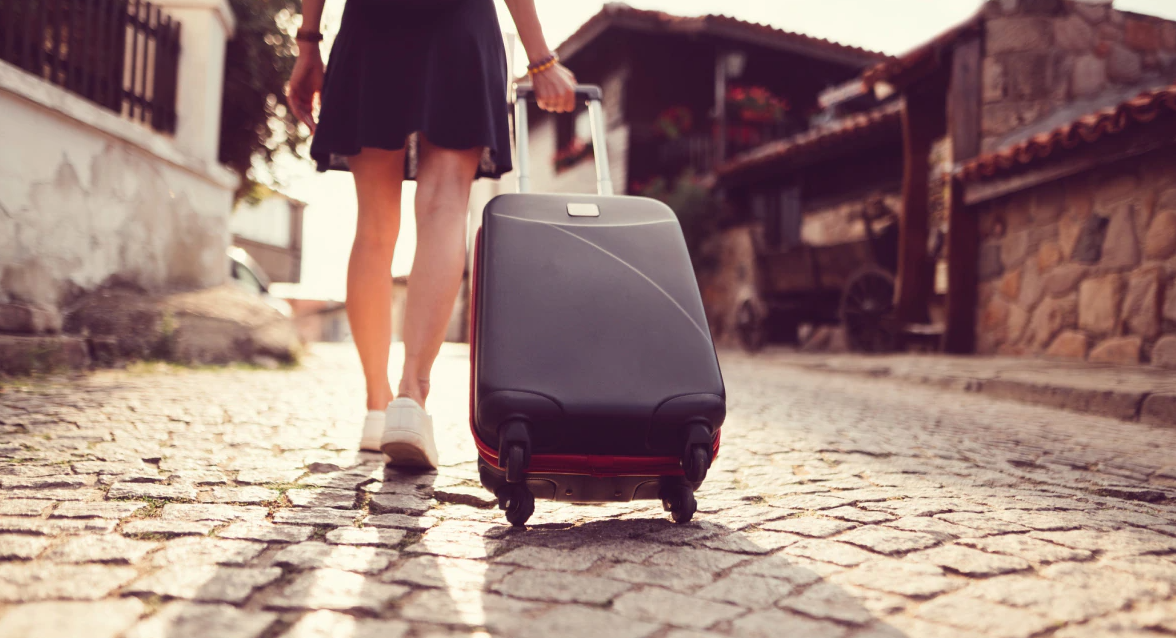
Security Features
The rigid design of hard shell suitcases often includes built-in lock mechanisms, adding an extra layer of security for your valuables. Whether it’s a combination lock or a key lock, these features can deter potential thieves. While soft-shell suitcases may also offer lock options, the hard shell construction makes it more difficult for someone to cut through the material, giving you additional peace of mind during your travels.
For those who prioritize security, some brands also include TSA-approved locks, which allow security personnel to unlock your suitcase for inspection without damaging it.
Weather Resistance
Weather can be unpredictable, and the last thing you want is to arrive at your destination with a suitcase full of wet clothes. Hard shell suitcases are often water-resistant, making them a good choice for travel to destinations with varying weather conditions. Whether you find yourself caught in a downpour while waiting for a taxi or have to navigate through snow, a hard shell suitcase can offer better protection against the elements than a soft shell counterpart.
Aesthetic Appeal
While functionality is crucial, the appearance of your luggage can also be a factor in your travel experience. Hard shell suitcases often come in a variety of sleek designs and vibrant colors, making it easier for you to spot your bag on the carousel at baggage claim. The hard shell also allows for a cleaner, more streamlined look, which many travelers find aesthetically pleasing.
Disadvantages of Hard Shell Suitcases
Weight
Hard shell suitcases, due to their robust construction materials like polycarbonate or ABS plastic, often weigh more than their soft-shell counterparts. This can be an issue when it comes to adhering to airline weight restrictions. Overweight baggage fees can quickly add up, especially if you’re taking multiple flights. If you’re the type of traveler who likes to bring back souvenirs or packs for every possible situation, the additional weight of a hard shell suitcase might restrict your options.
For a deeper dive into the intricacies of airline baggage policies, check out this comprehensive airline baggage Wikipedia page.
Fragility of Certain Materials
While hard shell materials like polycarbonate are incredibly durable, they are not entirely invincible. These cases can crack under extreme pressure or after taking a significant hit. Unlike soft-shell bags, which might only suffer a tear that can be temporarily repaired, a crack in a hard shell case can be a catastrophic failure, rendering the suitcase unusable for the remainder of your trip.
For more information on the properties and uses of ABS plastic, which is another common material in hard shell suitcases, you can visit its Wikipedia page.
Limited Expandability
One significant limitation of hard shell suitcases is their lack of expandability. Unlike soft-shell cases, which often come with expandable compartments or external pockets, hard shell suitcases are rigid and offer little to no flexibility in terms of packing extra items. This rigidity can be particularly problematic if you like to shop during your travels or if your return trip requires more space for additional belongings.
Cost
Quality hard shell suitcases often come at a premium price. Brands like Tumi and Rimowa offer excellent hard-shell options, but these can be significantly more expensive than soft-shell alternatives. Although the initial investment might be worth it for frequent travelers who need the extra protection and security features, those on a budget may find these options too costly.
Advantages of Soft Shell Suitcases
Flexibility and Expandability
Soft shell suitcases, typically made from fabrics like nylon or polyester, offer a level of flexibility that you won’t find in hard shell cases. Many soft shell bags come with expandable compartments that can be unzipped to provide more packing space. This feature proves invaluable when you’ve got a few extra souvenirs to bring home or when you’re unsure about how much to pack in the first place.
For those curious about materials, the nylon used in many soft shell suitcases is known for its durability and flexibility, a characteristic that contributes to the expandability of these types of bags.
Weight
Soft shell suitcases often weigh less than their hard shell counterparts, a feature that frequent travelers particularly appreciate. This reduced weight can help you avoid pesky overweight baggage fees and makes it easier to carry your luggage across airports, hotels, and new cities.
If you’d like to understand more about how airlines operate and the importance of weight in baggage fees, the airline’s operating model Wikipedia page can provide additional context.
Ease of Storing in Overhead Bins
Due to their flexible structure, soft shell suitcases are generally easier to fit into tight spaces like overhead bins on airplanes or trunks of cars. If you are a frequent flyer who often uses budget airlines or smaller aircraft with limited storage, a soft shell bag can make a world of difference.
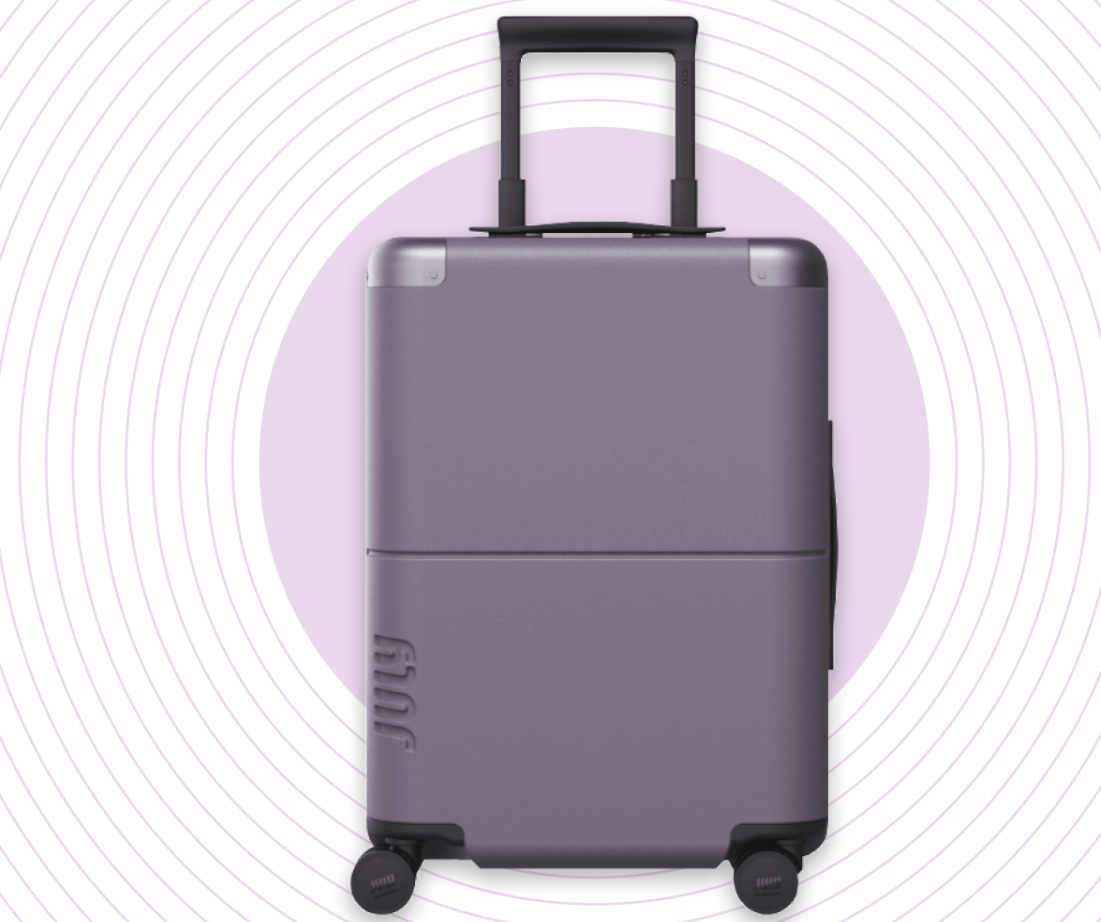
Pockets and Compartments
One of the standout features of soft shell suitcases is the abundance of external pockets and compartments. These prove handy for storing items that you need quick access to, like passports, snacks, or reading material. The organizational benefits of these pockets can make your travel experience more convenient and less stressful.
If you’re interested in learning about the history of luggage and how it has evolved to include these kinds of user-friendly features, you may find this History of bags and luggage Wikipedia page enlightening.
Disadvantages of Soft Shell Suitcases
Lack of Rigidity and Protection
Soft shell suitcases lack the rigid structure provided by hard shell alternatives, making them less ideal for protecting fragile or valuable items. If your travel plans include carrying electronics, glassware, or other breakables, a soft shell suitcase might not provide adequate protection. This is particularly true in the chaotic environment of airport baggage handling.
Those curious about the process of baggage handling can learn more from this baggage handling system Wikipedia page.
Susceptibility to Weather
Soft shell suitcases are generally not as weather-resistant as hard shell options. Most soft shell materials are susceptible to water damage, which means your belongings could get wet in heavy rain or snow. Although some soft shell suitcases come with a water-resistant coating, this is usually not as effective as the inherent water resistance of hard shell materials like polycarbonate.
For more information on weather patterns and how they can affect travel, this climate Wikipedia page might be of interest.
Security Concerns
While many soft shell suitcases offer some form of lock or security feature, the material itself can be easier to tamper with. Zippered compartments can be prone to manipulation, and the fabric can be cut open, providing less security for your belongings. If you’re traveling to destinations where theft or tampering could be a concern, the soft shell material may not offer sufficient protection.
Factors to Consider When Choosing a Suitcase for International Travel
Length and Nature of Travel
The duration and type of your trip can significantly influence the kind of suitcase you should choose. For short getaways, a small, lightweight suitcase or carry-on might suffice. On the other hand, long vacations or business trips might require larger luggage with more compartments and features. If your trip involves various activities like business meetings, hiking, or formal events, you’ll also want a suitcase versatile enough to carry a range of clothing and equipment.
For those who frequently engage in different types of travel, understanding the concept of multimodal transport can be useful.
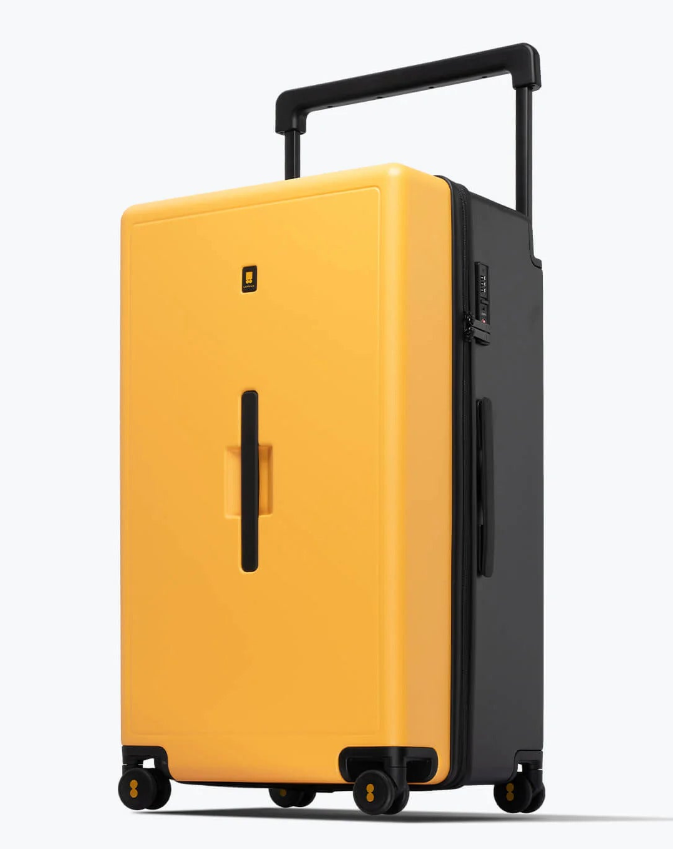
Airline Baggage Policies
Before you invest in new luggage, it’s essential to check the baggage policies of the airlines you’ll be using. Some budget airlines have strict weight and size restrictions, and fees for oversized or overweight baggage can be hefty. The type of ticket you purchase, whether it’s economy or business class, can also affect how much luggage you’re allowed to bring.
For a detailed understanding of airline policies, you might find the airline baggage allowance Wikipedia page helpful.
Personal Packing Habits
Consider your own packing style when choosing a suitcase. If you tend to overpack, look for luggage with expandable compartments or high weight tolerance. If you prefer to stay organized, a suitcase with multiple compartments and pockets might be more suitable.
Security Concerns
Depending on your destination, security can be a significant concern. If you’re traveling to places with higher rates of theft or tampering, a hard shell suitcase with built-in locks might be more appropriate. Some travelers even invest in luggage with GPS tracking for added peace of mind.
You can read more about safety during travel on the travel safety Wikipedia page.
Budget
Luggage can range from budget-friendly options to high-end luxury models. While it might be tempting to go for the cheapest option, remember that you often get what you pay for. Investing in a quality suitcase from a reputable brand can save you money in the long run, as it’s likely to be more durable and come with a better warranty.

